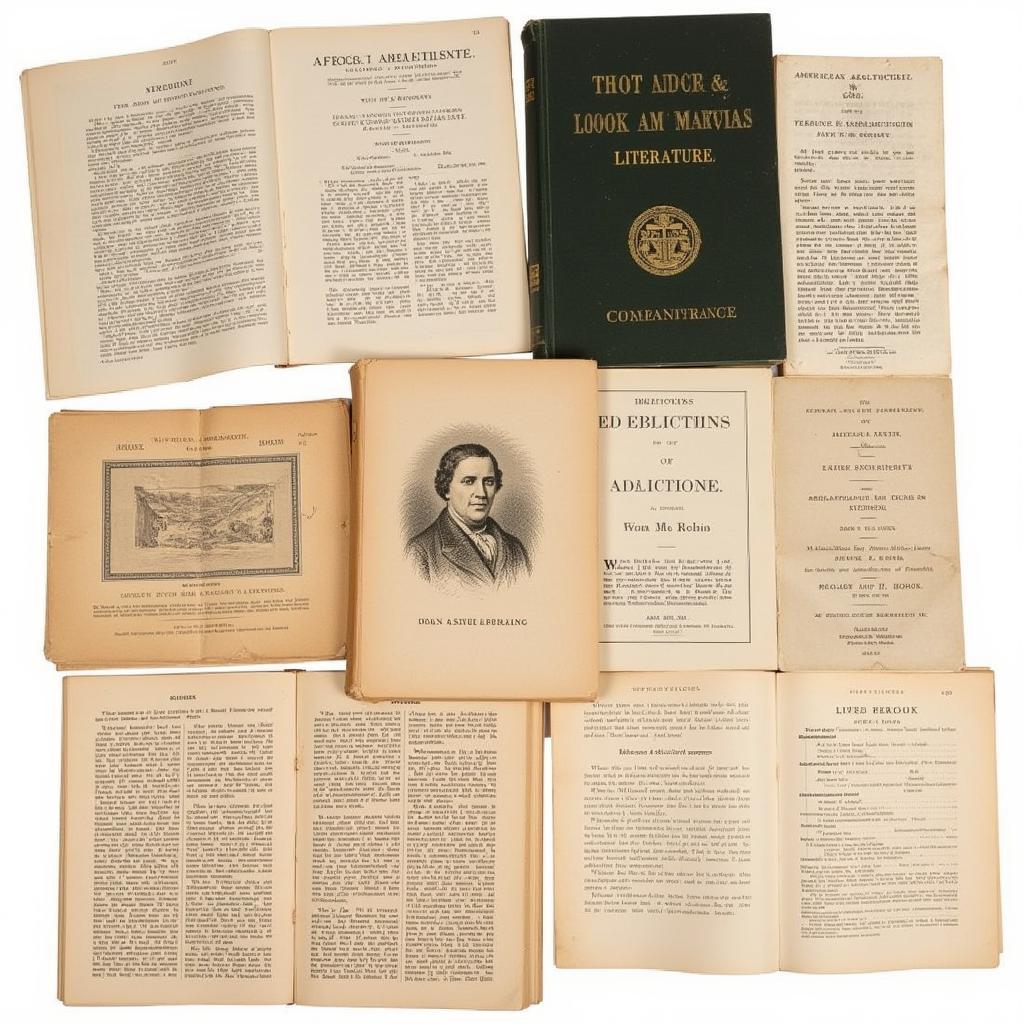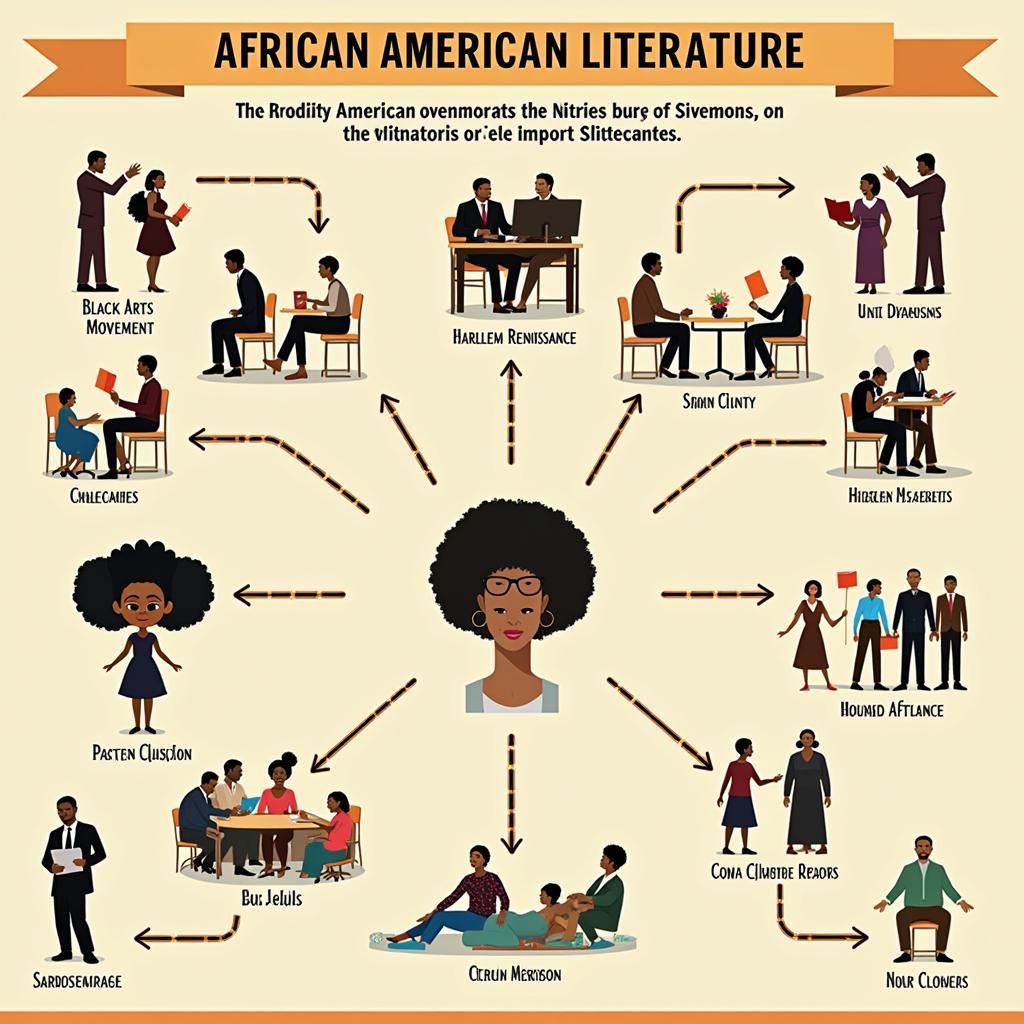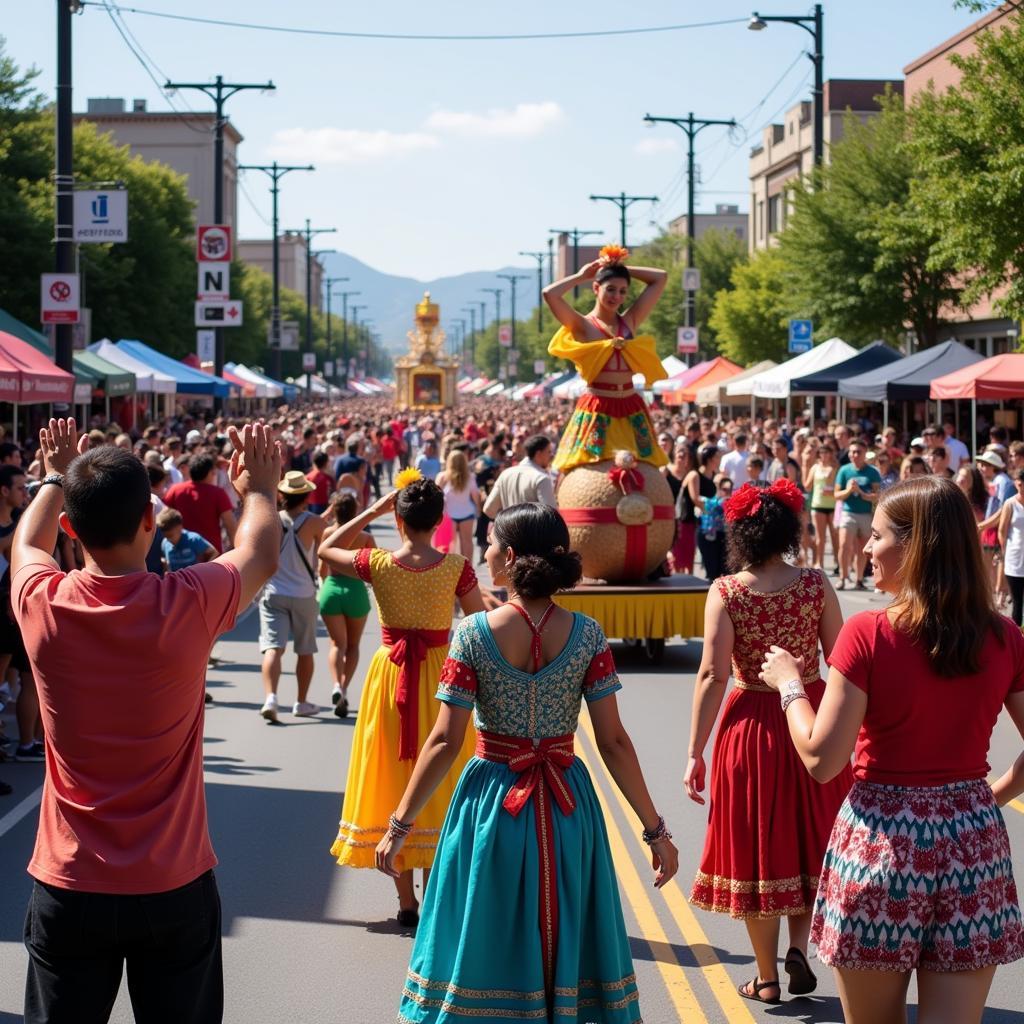A Deep Dive into African American Literature
African American Literature represents a rich tapestry of experiences, perspectives, and narratives that have shaped the literary landscape of the United States and beyond. From its roots in oral storytelling traditions to its evolution alongside historical movements and societal shifts, African American literature offers a powerful lens through which to understand the complexities of race, identity, and social justice. This exploration delves into the historical context, key themes, influential figures, and enduring impact of this vital literary tradition.
The Historical Tapestry of African American Literature
To appreciate the depth and breadth of African American literature, it’s essential to understand its historical context. The earliest works often emerged from the brutal realities of slavery, offering poignant glimpses into the lives, struggles, and resilience of enslaved Africans.
 Early Examples of African American Literature
Early Examples of African American Literature
These narratives, such as Frederick Douglass’s “Narrative of the Life of Frederick Douglass, an American Slave,” not only exposed the horrors of slavery but also asserted the humanity and intellectual capacity of Black individuals. As the fight for abolition gained momentum, African American writing played a crucial role in challenging racist ideologies and advocating for social change.
Following the Civil War and the subsequent Reconstruction era, African American literature continued to evolve, reflecting the ongoing struggle for equality and the complexities of Black identity in a nation grappling with its legacy of racism. This period witnessed the rise of writers like W.E.B. Du Bois, whose seminal work, “The Souls of Black Folk,” explored the concept of “double consciousness” and the challenges of navigating a society that simultaneously affirmed and denied Black humanity.
Key Themes and Literary Movements
African American literature encompasses a wide range of themes, reflecting the diverse experiences and perspectives within the Black community. Some of the most prominent themes include:
- The Legacy of Slavery and Segregation: From stark portrayals of life under slavery to nuanced explorations of systemic racism and its enduring impact, African American writers have consistently grappled with the historical and contemporary realities of racial injustice.
- The Search for Identity and Belonging: Many works explore the complexities of Black identity in America, examining themes of double consciousness, cultural hybridity, and the ongoing quest for self-definition in a society shaped by racial hierarchies.
- The Power of Community and Resilience: Amidst adversity and oppression, the importance of community, family, and collective resilience shines through in numerous works of African American literature, offering messages of hope, solidarity, and the transformative power of shared experiences.
 Key Movements in African American Literature
Key Movements in African American Literature
These themes often intertwined with significant literary movements that shaped the evolution of African American literature:
- The Harlem Renaissance: This vibrant artistic and cultural movement of the 1920s witnessed an explosion of creativity, with writers like Langston Hughes, Zora Neale Hurston, and Claude McKay exploring Black life, identity, and culture with unprecedented depth and nuance.
- The Black Arts Movement: Emerging alongside the Civil Rights Movement of the 1960s and 70s, this movement emphasized Black pride, self-determination, and the use of art as a tool for social and political change. Writers like Amiri Baraka, Sonia Sanchez, and Nikki Giovanni produced powerful works that challenged racist stereotypes, celebrated Black identity, and gave voice to the frustrations and aspirations of a generation.
The Enduring Impact of African American Literature
African American literature continues to captivate readers and shape literary discourse today. Contemporary writers like Toni Morrison, Alice Walker, Colson Whitehead, and Jesmyn Ward, among many others, build upon the foundations laid by their predecessors, offering fresh perspectives on enduring themes and exploring new frontiers of storytelling.
Through their words, these writers have not only enriched the literary landscape but have also fostered greater understanding, empathy, and appreciation for the complexities of the human experience. By delving into the pages of African American literature, readers embark on a journey of discovery, encountering powerful stories that illuminate the past, challenge the present, and inspire a more just and equitable future.
FAQs about African American Literature
What are some good starting points for exploring African American literature?
Some accessible and impactful works include “Their Eyes Were Watching God” by Zora Neale Hurston, “The Color Purple” by Alice Walker, and “The Hate U Give” by Angie Thomas.
What are some of the major themes explored in african american literature schools and movements?
Key themes include the legacy of slavery, the search for identity, the power of community, and the ongoing fight for social justice.
How has African American literature evolved over time?
From early slave narratives to the Harlem Renaissance and beyond, the genre has reflected historical shifts, social movements, and the evolving complexities of Black identity in America.
Why is it important to read african american literature short stories?
Reading diverse voices broadens perspectives, fosters empathy, and provides a deeper understanding of history, culture, and the human experience.
Exploring Further: Deepen Your Understanding
- To explore a curated selection of essential works, check out this comprehensive african american literature syllabus.
- For those interested in crafting compelling narratives, this resource on african american literature essay provides valuable insights.
- Dive deeper into the theoretical underpinnings with this exploration of the african american literature aesthetics of.
This journey into the world of African American literature has only just scratched the surface. Continue exploring, engaging with diverse voices, and allowing these powerful narratives to shape your understanding of the world.
Need Help? Contact us at +255768904061 or kaka.mag@gmail.com. Visit us at Mbarali DC Mawindi, Kangaga, Tanzania. Our dedicated team is available 24/7 to assist you.

